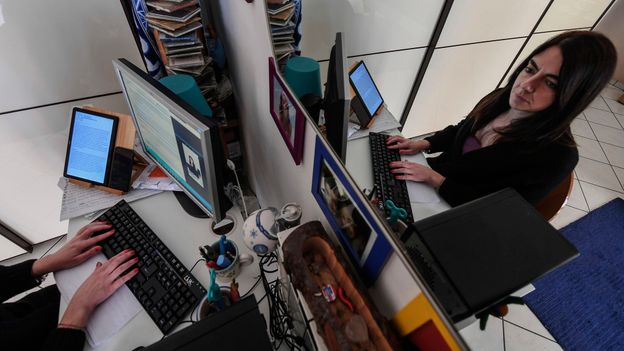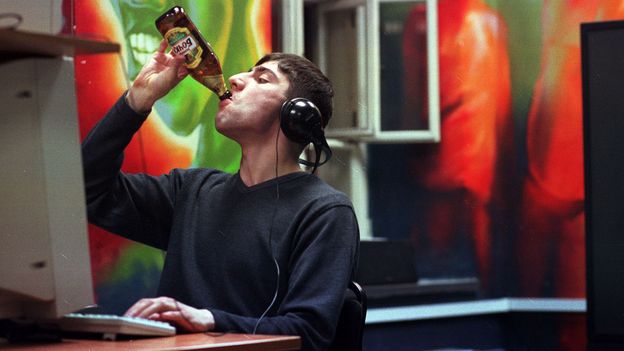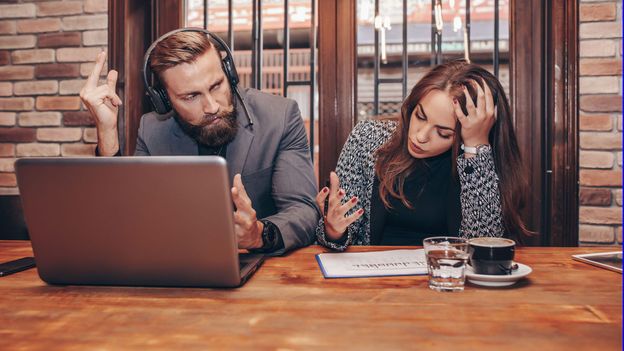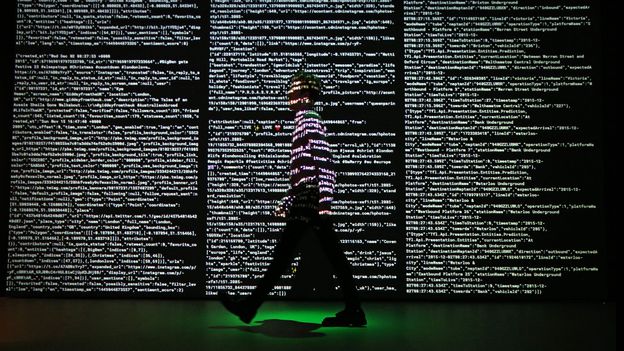And that can be damaging to health. In the same BAUA study, those regularly denied their 11-hour break reported more frequent episodes of insomnia, exhaustion and even back pain.
Currently, if an employee can show that interruptions to their rest periods have made them ill, that’s considered a crime on the part of the employer, says legal expert Markworth. That has led some big German firms to take drastic measures to ensure compliance.
Back in 2011, Volkswagen announced it would turn off its email server overnight to prevent the exchange of work emails out of hours. Others, including BMW and Bosch, have established guidelines for employees when it comes to contacting each other after hours.
It’s this awareness some fear will be lost if the law is updated.
“Worker protection is just as needed in our new world of digitalisation, home office and smart phones,” says Markworth. “The question is how, in this changed world of work, we continue to protect employees, both from the encroachments of employers and from themselves.”
And, with constant availability increasingly the norm for workers around the world, many will be keeping a close eye on German attempts to reclaim their free time in the digital age. Ghodsee, who received a nasty reverse culture shock upon returning to the US, is sure to be one of them.
“The Feierabend culture is really healthy,” says the American academic. “How refreshing for it to be totally okay to leave work at five o’clock and never exchange work emails on the weekend. That would be unconscionable in the US.”










